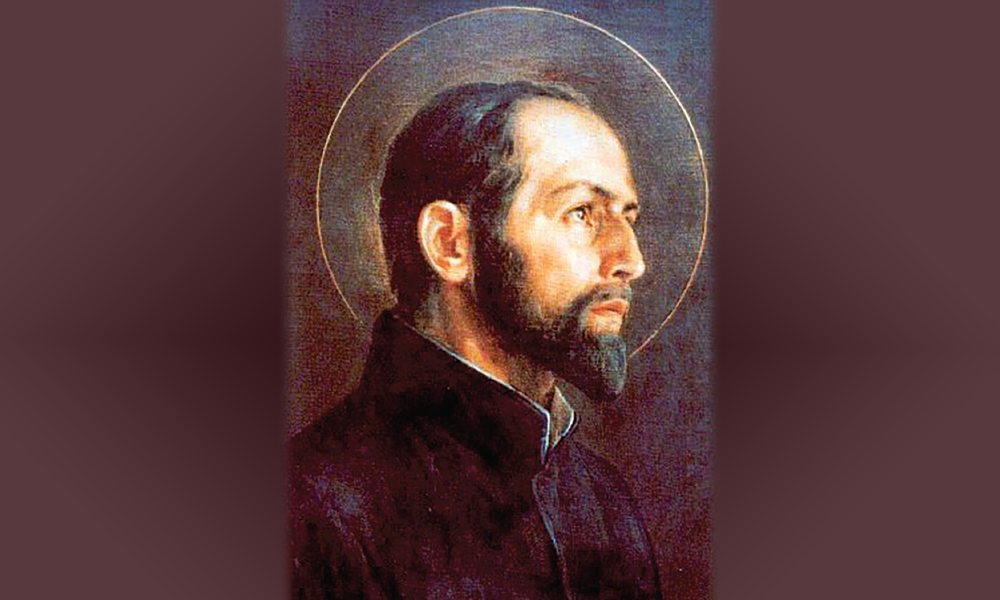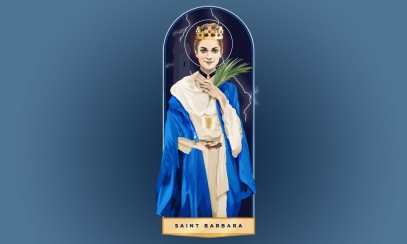
St. Anthony Zaccaria
Pioneer of the 40 Hours’ Devotion
Pioneer of the 40 Hours’ Devotion
1502-39 | Feast day: July 5
1502-39 | Feast day: July 5
As we, the Church, prepare for the National Eucharistic Congress in Indianapolis on July 17-21, it is fitting to celebrate the feast day of St. Anthony Zaccaria on July 5. This Italian saint is recognized as introducing the 40 Hours’ Devotion during his lifetime. Anthony encouraged the faithful to commit to 40 hours of continuous prayer before the Eucharist between solemn Masses, and St Ignatius Loyola and the Jesuits continued his work by spreading the practice of this devotion.
Anthony was born into a noble family, and his mother devoted herself to her son’s education and instilled a deep faith in him. He participated in almsgiving and works of charity from a young age. He eventually studied medicine, where he not only cared for his patients’ physical well-being, but tended to their spiritual lives as well.
After teaching catechism to children and helping young adults with their religious formation, Anthony eventually left the medical field to study for the priesthood, and was ordained at the age of 26. He became an early leader of the Counter Reformation.
In the face of declining Church life and the rise of religious indifference at the time, Anthony set out to remind Christians of the Gospel truth. The next few years proved fruitful for his efforts, for he and his companions laid the foundation for three religious orders. The first order, the Clerics Regular of St. Paul, was dedicated to simple, prayerful living in imitation of St. Paul. They later came to be known as the Barnabites, using the name of Paul’s companion. Anthony also founded the Angelic Sisters of St. Paul and the Laity of St. Paul.
In addition to fostering devotion to the Blessed Sacrament, Anthony encouraged churches to ring their bells at 3 p.m. on Fridays in remembrance of Christ’s passion. St. Anthony died in 1539, and his body was found to be incorrupt 27 years later. He was canonized in 1897 by Pope Leo XIII.



